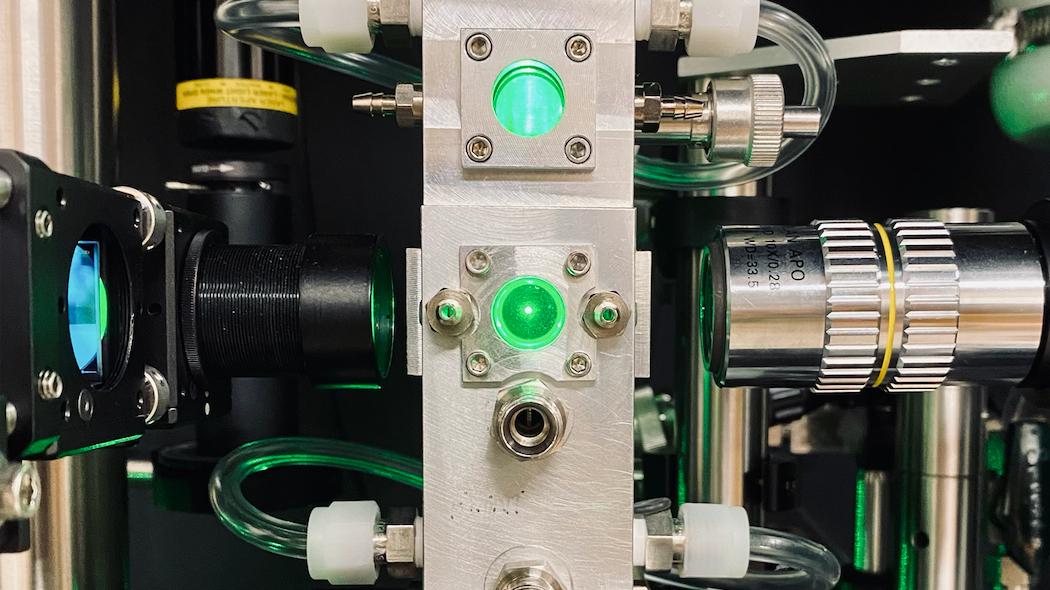Maggie Tolbert
Distinguished Professor of Chemistry, Associate Director
- Ph.D., California Institute of Technology, 1986
Research Interests
I am a professor in Chemistry at the University of Colorado in Boulder. My research group focuses on clouds and aerosols in atmospheric chemistry. Research topics include stratospheric ozone depletion, cirrus cloud nucleation, tropospheric clouds and particles, the interaction between clouds and climate, and the chemistry of planetary atmospheres including Titan, Mars, Venus and exoplanets. Our work is laboratory-based; we use simulation chambers to identify key atmospheric aerosol processes important in different environments. Novel laboratory techniques include aerosol optical levitation, dual balance electrodynamic trapping, aerosol mass spectrometry, and aerosol optical techniques such as cavity ring down, photo acoustic and Raman spectroscopies.
Current Research
The phase state of atmospheric particulate plays an important role in heterogeneous atmospheric chemistry, light scattering, and cloud formation. Further, the phase state of clouds is of critical importance to their impact on climate and precipitation. The physical properties of both clouds and aerosols are controlled by nucleation. Past work in the Tolbert group has focused on low temperature depositional ice nucleation of relevance to polar stratospheric clouds (PSCs) and cirrus clouds that form near the tropopause. Ongoing work is exploring nucleation in mixed phase clouds due to their importance in radiation and precipitation, as well as presenting a significant hazard for aircraft icing. Nucleation in mixed phase clouds presents a particular experimental challenge because contact nucleation may be playing a dominant role. Contact nucleation involves collisions with the surface of the droplets, and thus experimental techniques are required that focus on unperturbed surfaces. New research in the Tolbert group is using two complementary techniques to probe contact nucleation on single, freely-floating levitated droplets as they undergo collisions with well-defined contact nuclei. A long working distance optical trap uses two vertically oriented counter propagating laser beams to trap particles using radiation pressure. The Gaussian beam directed upwards enables initial trapping and imparts an upward force. The downward oriented Bessel beam generates a strong gradient force to maintain the droplet on a central axis. The image shows a levitated droplet in the center of the optical trap as a bright green spot due to laser light scattering from the particle. A second system for probing phase changes is a dual stage electrodynamic balance. In this system, two charged droplets are confined within the same axis by an electric field applied to quadrupole rods. By altering the counter balance voltage on the top trap, the top droplet falls into the bottom particle to initiate the collision. These systems have been used previously to probe contact efflorescence, the process by which supersaturated droplets lose water upon collisions to become crystalline. New cooling systems applied to both traps are enabling studies of contact ice formation. We hope to determine the chemical and physical properties of favorable contact nuclei, with the goal of improving our understanding and theoretical treatment of ice nucleation in mixed phase clouds.
Research Categories
Atmosphere, Chemistry, Space, Administrative SupportResearch Images
Honors and Awards
to
Invalid date -Sponsors
-
Invalid dateP.I.(s)
About CECA
CECA connects and creates a supportive environment for graduate students and postdocs who come from various academic units to do research in CIRES.
